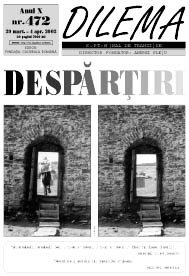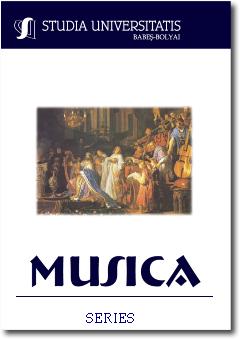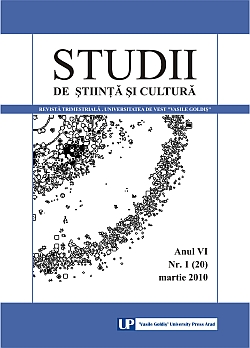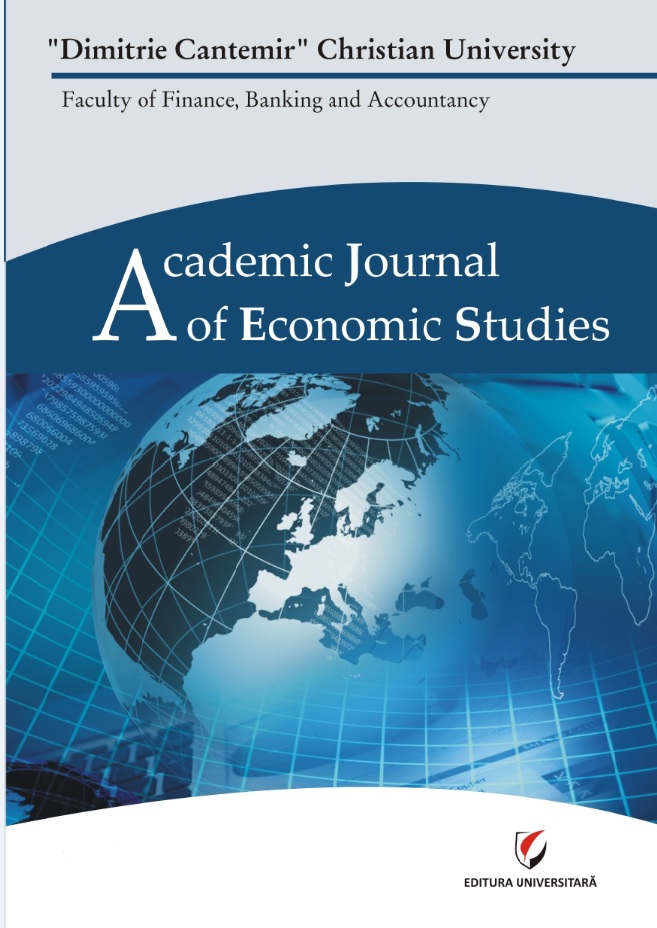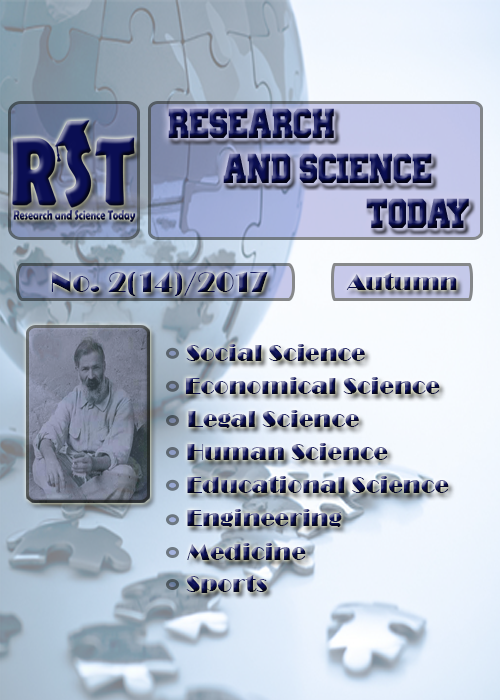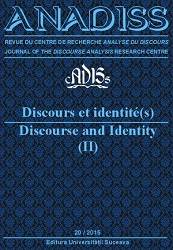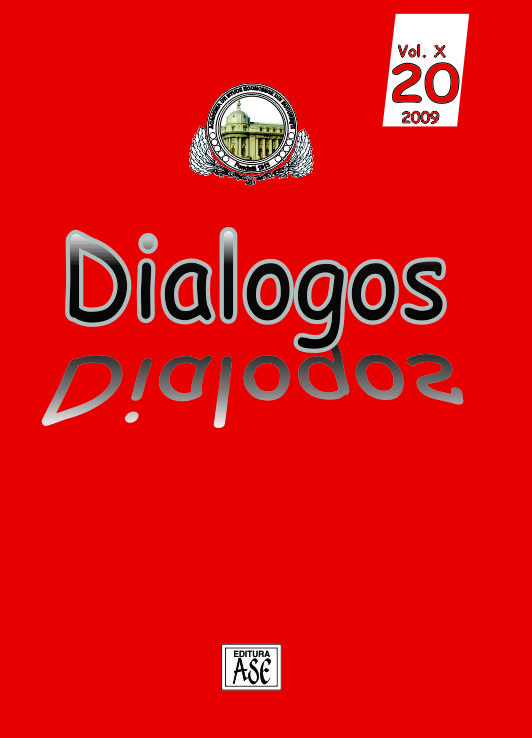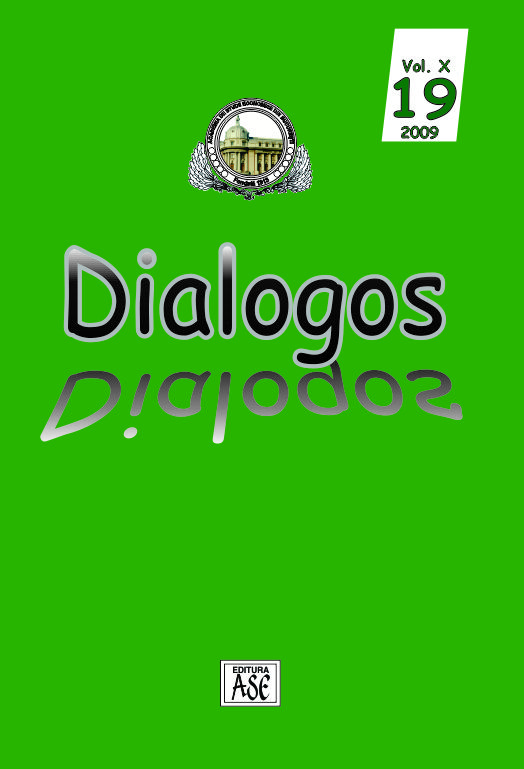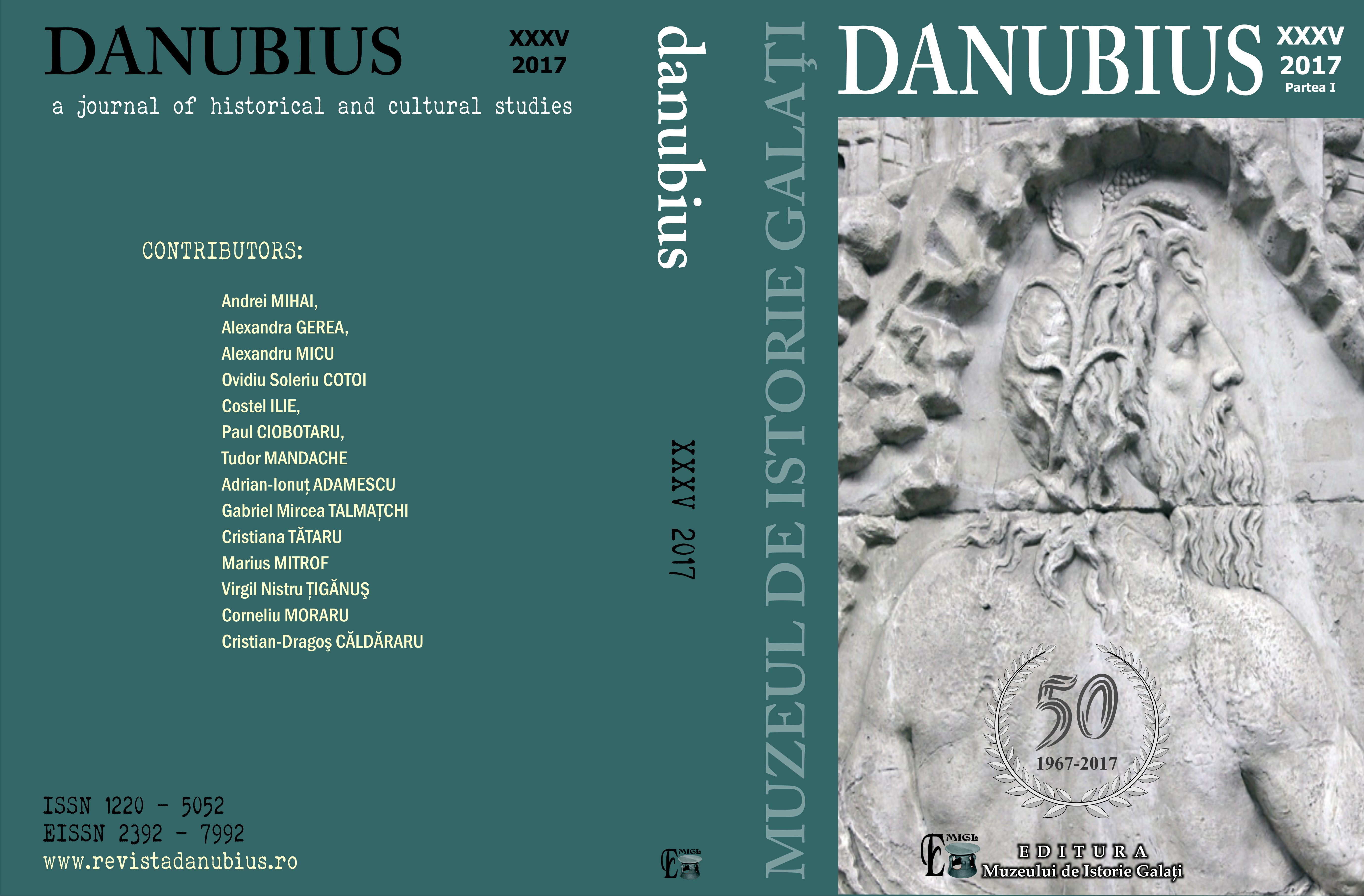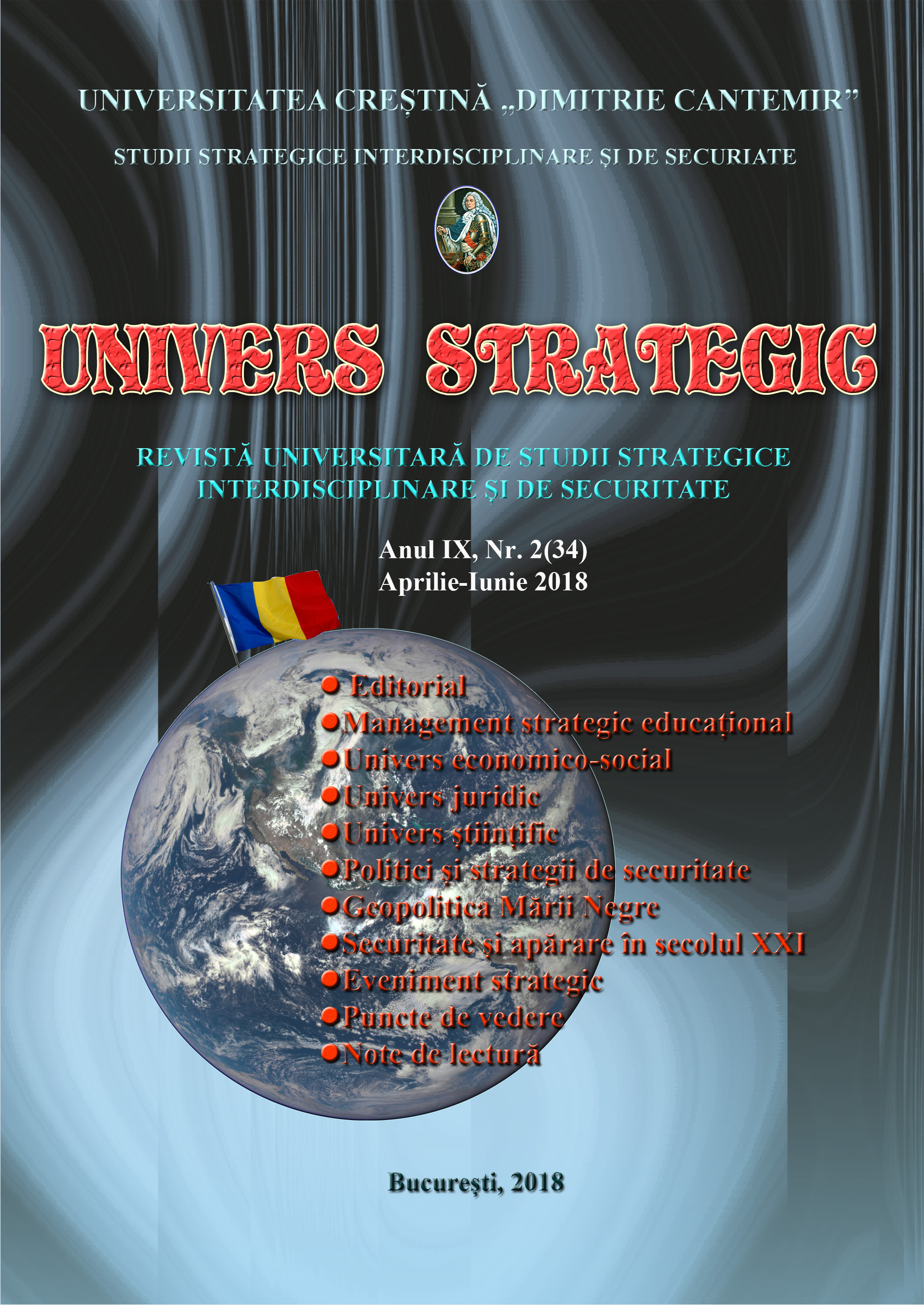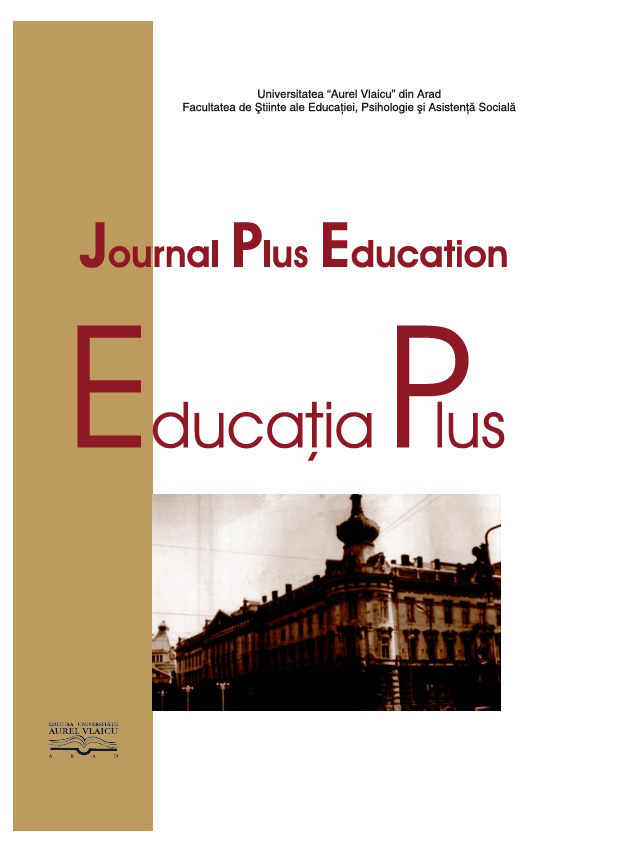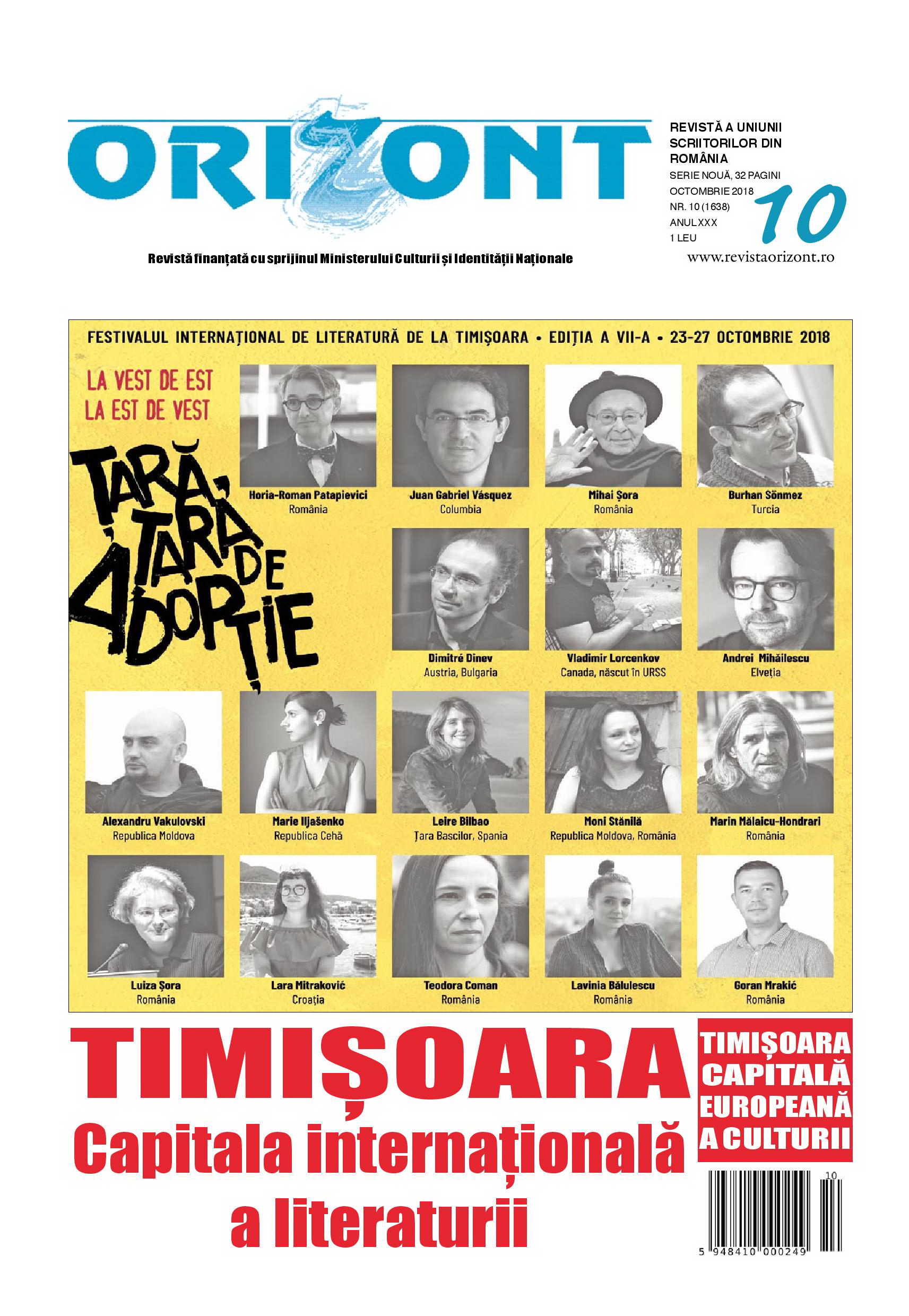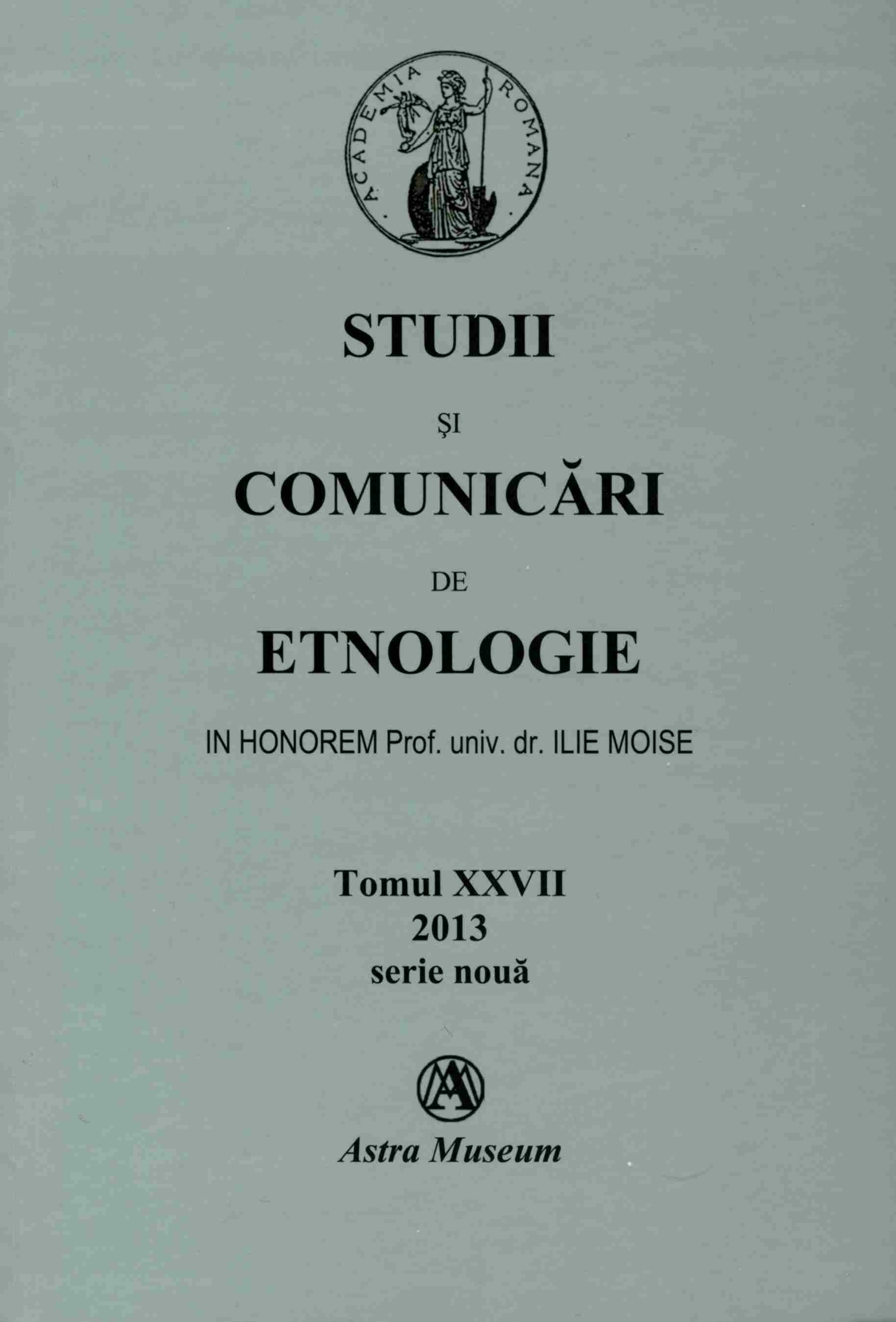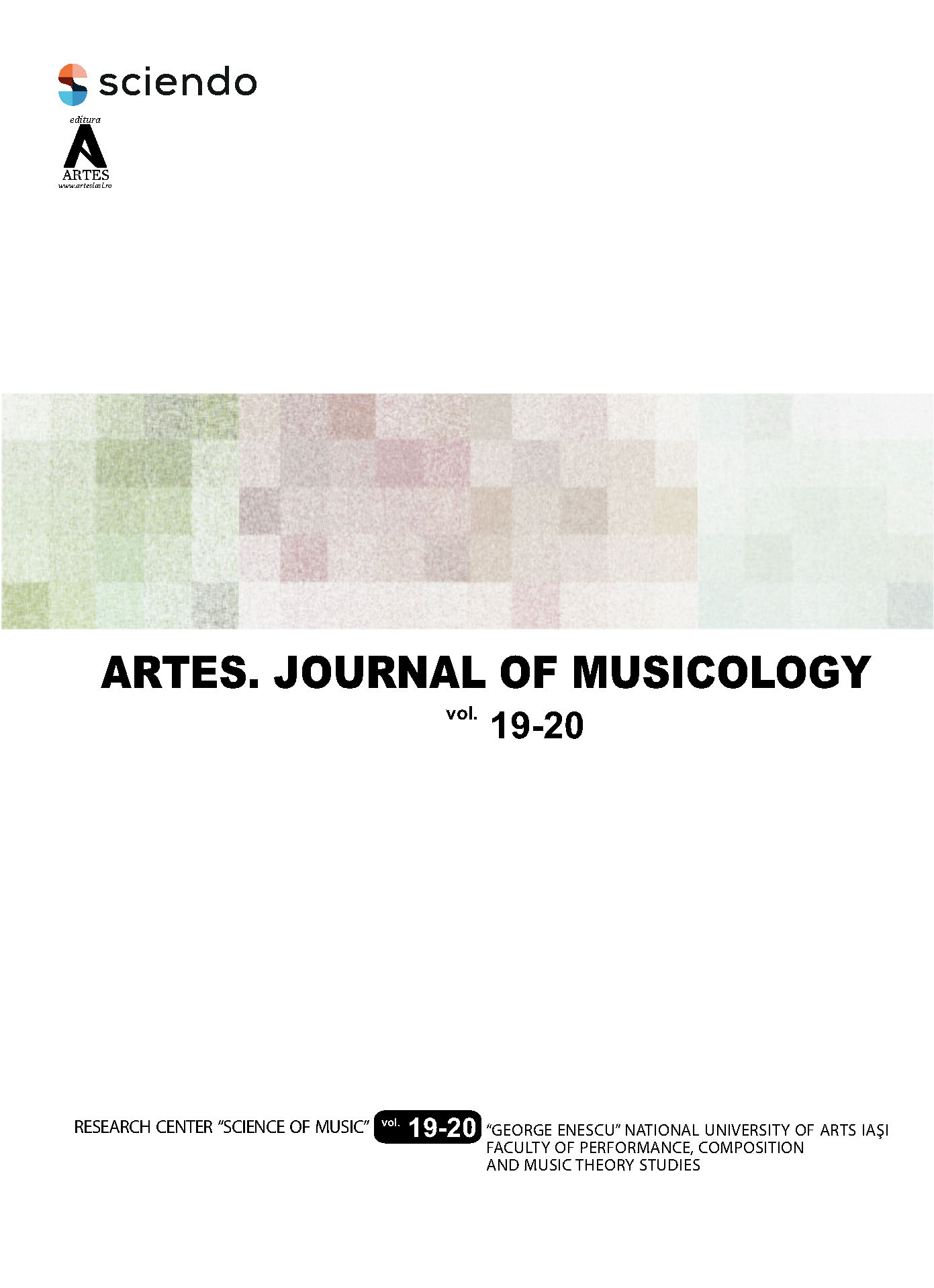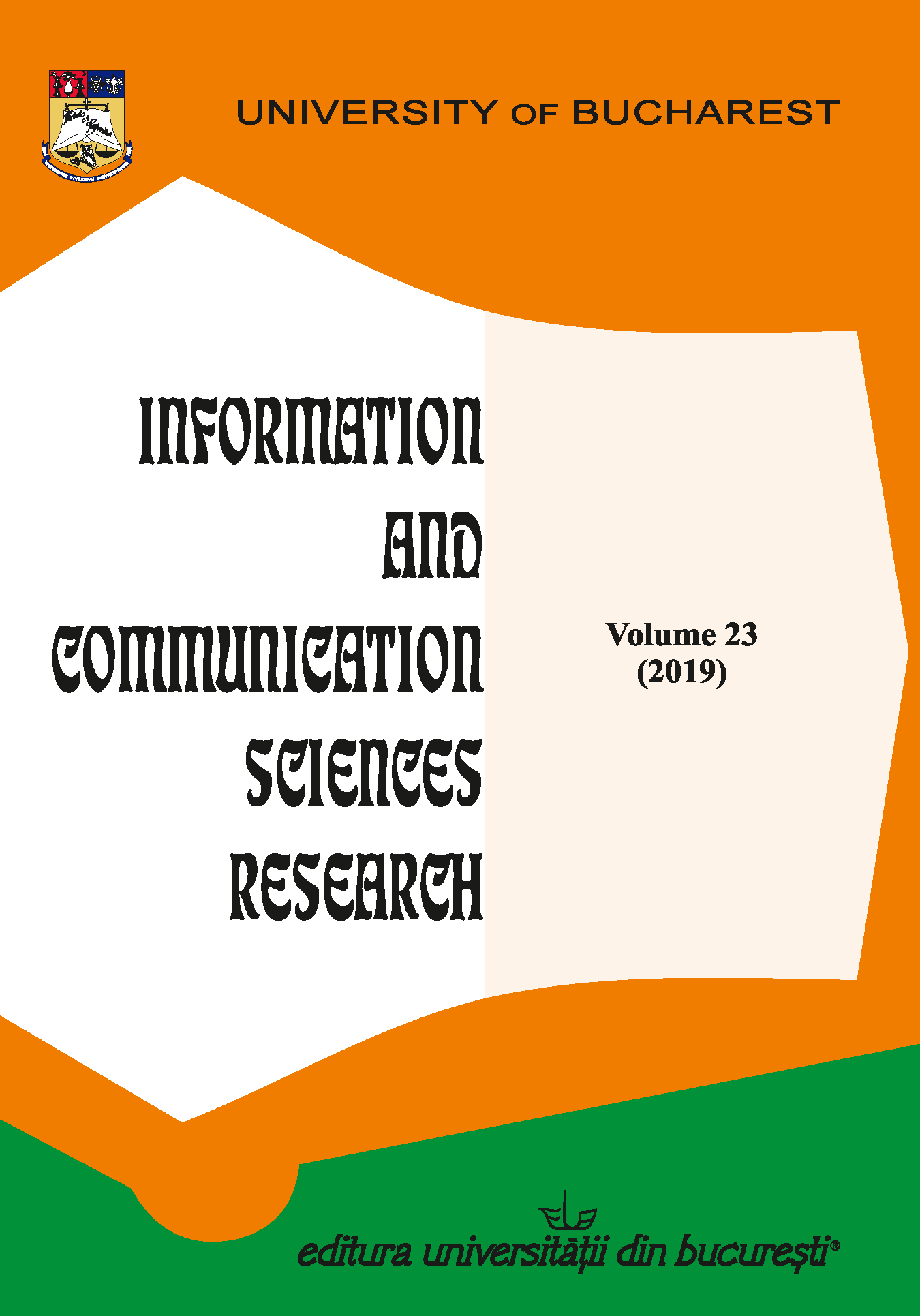The last lieder of Theodor Grigoriu. Stylistic and interpretive aspects
Author(s): Cezara Florentina Petrescu / Language(s): English
/ Issue: 20/2019
Keywords: Theodor Grigoriu; romanian music; lied; stylistic aspects;
Theodor Grigoriu, a reference figure for the XXth century Romanian music, as a senior of the post-enescian generation of composers, with a moderately modern attitude towards composing, had explored the expresive resources of the human voice in the vocal-symphonic and vocal-chamber genres. Although, from a quantitative point of view, his voice and piano works are not too numerous and the vocal-chamber genre had not been a constant focus of the composer, lied remains one of the most representative areas of his entire creation, marked by an accomplished literary taste and harmoniously neighboured by the halo of poetry. The lied had marked Theodor
Grigoriu’s professional existence, beginning with the first childhood experiments which proved decisive for his future career, up to the inconstant achievements of his creative maturity. Although approached in a non-consistent manner, the diversity, mastery of composition and the abutment to works from a more ample genre to which he resonates and configures genuine „creation laboratories”, the voice and piano cycles of works represent what can truthfully be called lied creation. Letter to birds on words by St. Francisc of Assisi (2004) and The iconographer – The poem of a church painter (2011) on words of a patriarchal, novel text with no poetic aspirations, are the last lieder of Theodor Grigoriu, published posthumously. As a binding of music and poetry into a one poethico-musical universe, they are an exponent of accumulations and transformations of musical language, spectacular compositions, of paramount originality, which harmoniously complete the spiraled path of the genre in the context of the composer’s entire creation.
More...

